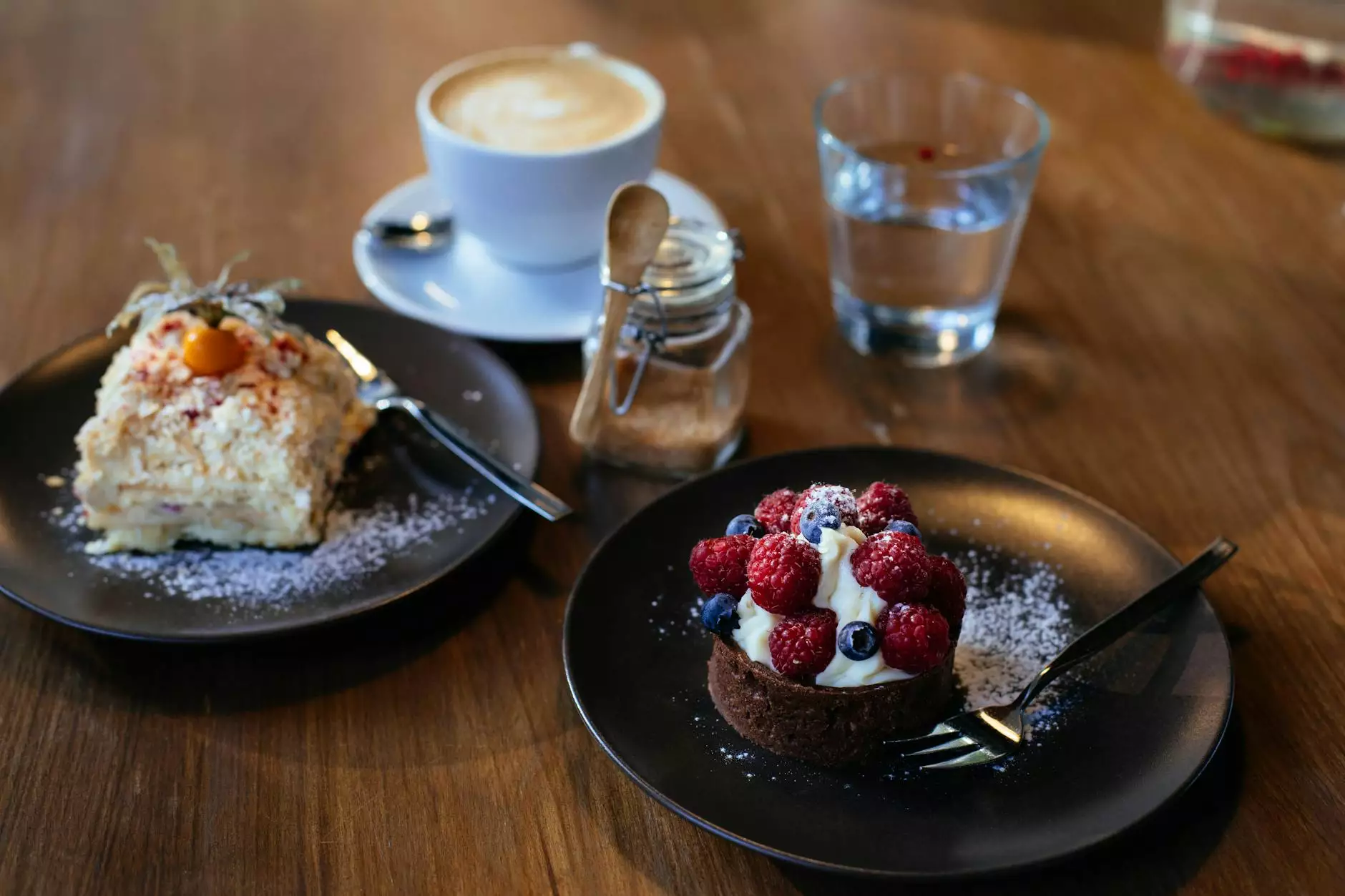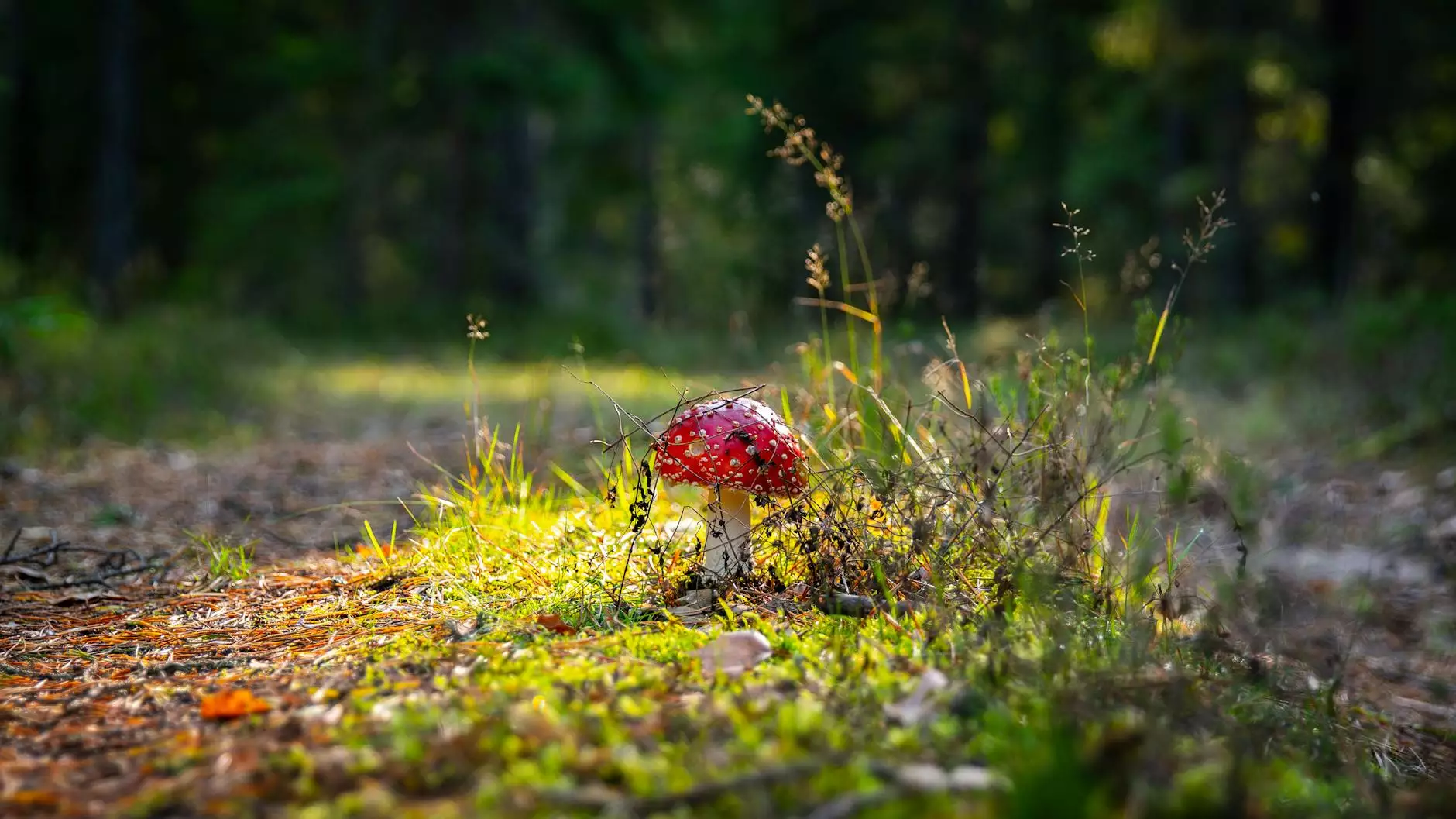Sugar in Bulk Price: Unlocking Exceptional Value from Brazil's Top Suppliers

In the ever-evolving world of business, the sugar industry stands as a significant pillar, crucial for various markets, from food production to biofuels. Understanding the sugar in bulk price is fundamental for businesses looking to cut costs while ensuring quality. This article dives into the intricacies of sourcing sugar in bulk from reputable suppliers, particularly focusing on Brazil, one of the largest sugar producers in the world.
Why Buy Sugar in Bulk?
The advantages of purchasing sugar in bulk are numerous, especially for businesses focused on sustainability and cost efficiency. Here are a few key benefits:
- Cost Efficiency: Buying sugar in bulk allows businesses to take advantage of lower per-unit costs. This can significantly reduce overall expenses.
- Quality Assurance: Sourcing from reputable suppliers enables businesses to ensure consistent quality and purity, which is vital for product integrity.
- Reduced Waste: Bulk purchasing helps minimize packaging waste, aligning with modern sustainability goals.
- Supply Reliability: Establishing a relationship with a reputable sugar supplier ensures a steady supply chain, facilitating better inventory management.
Understanding Sugar Pricing Dynamics
The sugar in bulk price is influenced by a variety of factors, including:
Market Trends and Global Supply
The sugar market is subject to fluctuations based on global supply and demand. Key factors include:
- Crops Yield: The yield rates from major producing countries, especially Brazil, impact overall supply.
- Economic Factors: Trade agreements and tariffs can alter import/export dynamics, thus affecting prices.
- Seasonal Variations: Harvest seasons can cause temporary price drops or increases, depending on supply levels.
Geographical Insight: Brazil as a Sugar Powerhouse
Brazil's climate and agricultural practices allow for the efficient production of sugar, primarily from the sugarcane plant. The bulk of Brazil's sugar is exported, with numerous suppliers offering competitive pricing. Key regions include:
- São Paulo: The largest producer, known for its high-quality sugarcane.
- Paraná: Renowned for its sustainable farming practices and innovative production techniques.
- Minas Gerais: An emerging area with a focus on organic sugar production.
Understanding these regions can give buyers insights into sugar in bulk price variations based on geography.
How to Choose the Right Sugar Supplier
Selecting the right supplier is essential for obtaining the best possible sugar in bulk price and ensuring product quality. Here are some factors to consider:
1. Reputation and Reliability
Research your potential suppliers through reviews, industry reputation, and certifications. A reliable supplier will provide transparency and consistent quality.
2. Price Competitiveness
Compare prices from different suppliers while taking into account factors like shipping costs and distribution timelines. Request quotes and consider your long-term relationship with the supplier.
3. Quality and Specifications
Ensure that the supplier's sugar meets your business's specifications, including purity levels and potential certifications such as organic or fair trade credentials.
4. Flexibility and Support
A good supplier should demonstrate flexibility regarding order sizes and timelines. Additionally, evaluate their customer support systems to solve any arising issues promptly.
Making the Most of Your Bulk Sugar Purchases
Once you have selected a supplier and secured your sugar in bulk, the next step is to efficiently manage this asset. Here are some best practices:
Strategic Storage Solutions
Proper storage is crucial for maintaining sugar quality. Consider the following:
- Dry and Cool Environment: Ensure sugar is stored in a cool, dry place to prevent clumping and spoilage.
- Container Choices: Use airtight containers to protect against moisture and pests.
- Inventory Management: Implement a system to track inventory levels and usage trends to avoid overstocking or shortages.
Maximizing Usage Across Products
Understanding how to utilize sugar across various applications can increase its value to your business:
- Food Production: Use bulk sugar in beverages, baked goods, and sauces.
- Confectionery: Craft diverse confectionery and chocolates with the right sugar variety.
- Biofuels: Explore opportunities in the renewable energy sector by utilizing sugar for bioethanol production.
Future Trends in the Sugar Industry
As the industry evolves, staying informed on future trends is vital:
Sustainability Initiatives
With growing consumer awareness, sustainable practices in sugar production are becoming increasingly critical. Expect to see:
- Organic Sugar: An increase in demand for organically produced sugar, emphasizing environmental stewardship.
- Carbon Footprints: Suppliers adopting practices to lower their carbon footprints and offer carbon-neutral products.
Technological Advancements
Technological improvements in agriculture and supply chains will continue to shape the industry:
- Precision Agriculture: Utilizing data and analytics to enhance crop yields and resource management.
- Online Market Platforms: Innovations in e-commerce are allowing suppliers to connect with buyers more efficiently.
Conclusion: Leveraging Bulk Sugar for Business Growth
In summary, understanding the sugar in bulk price and leveraging Brazil as a key supplier can propel your business forward. By selecting reliable suppliers, optimizing storage practices, and staying informed about industry trends, businesses can capitalize on the numerous benefits of bulk sugar purchases. Embrace these opportunities to enhance your operations, reduce costs, and maintain a competitive edge in the market. Partnering with Brazil's top sugar suppliers is not just a decision; it's a strategic move towards fostering sustainable growth and profitability.
For more insights into the sugar industry and reliable supply options, visit brazilsugartopsuppliers.com.



